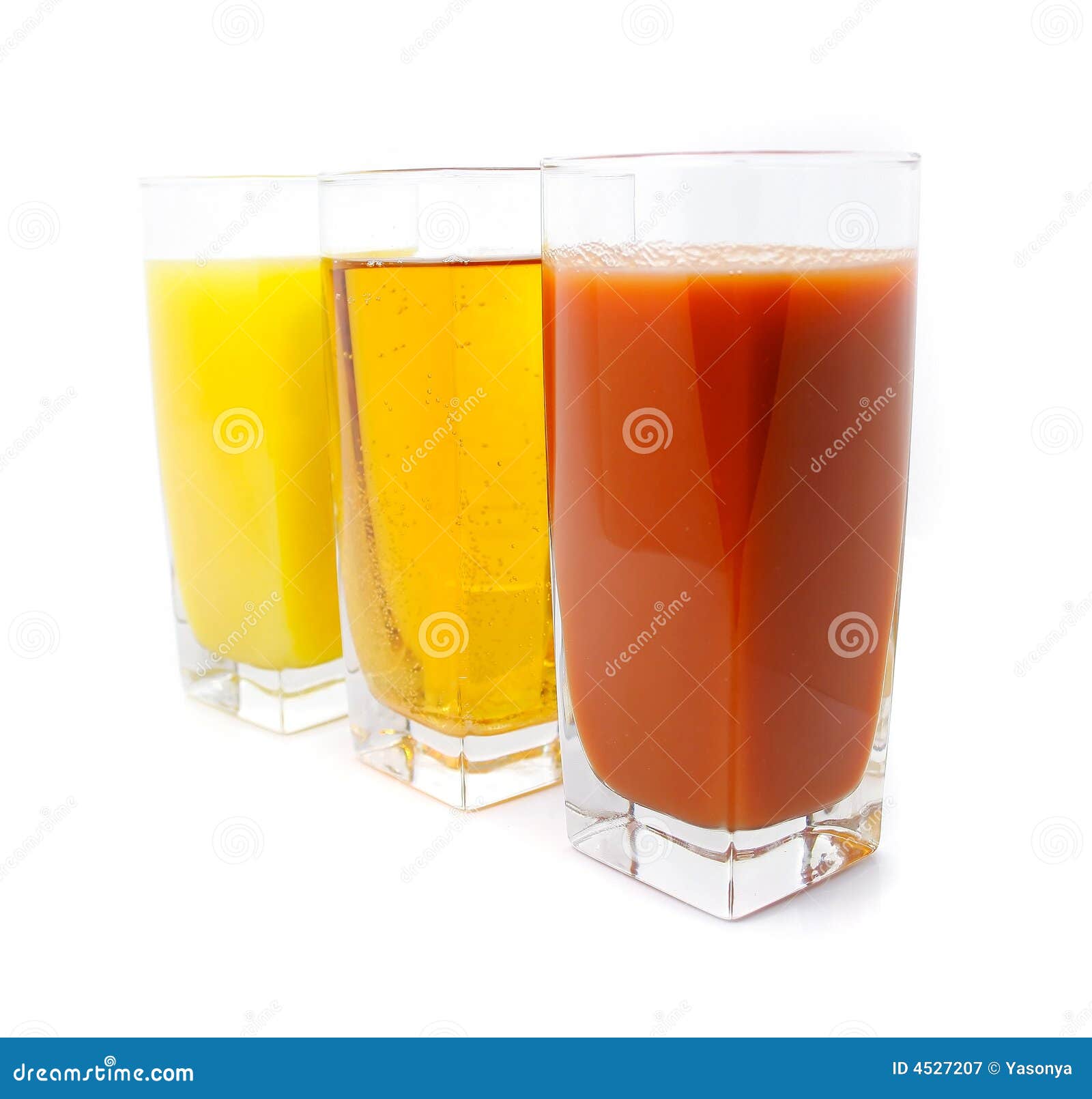
It becomes firmer and more difficult to pass, making it a better choice after episodes of diarrhea.Īnother great option is pear juice, which contains four times more sorbitol than apple juice. Pectin is a substance that will add bulk to your stool. Applesauce contains a higher level of pectin than apple juice. You might think that eating applesauce would help constipation, but that’s not the case. It’s often recommended for children who have constipation because it has a relatively high ratio of fructose to glucose and sorbitol content.īut for this reason, it may also cause intestinal discomfort in large doses. In fact, one 2011 study suggests that prunes should be considered a first-line therapy when dealing with mild to moderate constipation.Īpple juice may provide you with a very gentle laxative effect. Prune juice is also a good source of vitamin C and iron.Įating dried plums or prunes is another way to ward off constipation. While the fiber may bulk up your stools, the sorbitol in the prune juice helps soften them, making them easier to pass. That’s about 10 percent of your daily requirement. Each 8-ounce glass contains about 2.6 grams of fiber. The most popular juice to relieve constipation is prune juice. In general, aim to drink eight or more cups of liquid each day to help stay regular.
Cranberry apple grape juice full#
Because of the natural flavors (which probably explains why we like the taste so much), I’ll probably only buy this juice occasionally and not all the time.If you decide to try drinking juice to relieve constipation, keep in mind that a small amount of juice may be all you need.įor best results, the Cleveland Clinic recommends adults drink just a half to a full cup of juice, once per day, preferably in the morning. The different fruity flavors stand out and give it a unique taste, but I wish it didn’t have natural flavors. My mom, daughter, and I all really enjoy this juice. The bottle states the juice should be used within 7-10 days after opening for best quality, although my family doesn’t drink it that quickly and it still tastes fine. It’s non-GMO verified and has 100% of your daily value of Vitamin C per serving. One 8-ounce serving has 130 calories, 35 mg of sodium (2% DV), and 30 grams of total sugars with 0 grams of added sugars. bottle and is made with filtered water, apple juice from concentrate, aronia berry juice concentrate, grape juice concentrate, citric acid, cherry juice concentrate, plum juice concentrate, natural flavors, and ascorbic acid (Vitamin C).

Simply Nature Black Cherry Plum Juice ingredients and nutrition information. These juices are all sold unrefrigerated and should be refrigerated after opening. Note that this review deals with 100% fruit juice with no added sugar because that’s what my family drinks exclusively, so you won’t see any “juice drinks” or “juice cocktails” in this post.



When we do drink juice, though, it always comes from Aldi. Juice has gotten a bad rap in recent years because of its calorie content and because it doesn’t provide the beneficial fiber that comes with eating an actual piece of fruit, and even the natural sugars 100% fruit juice contains are not great for teeth when consumed in excess, so we don’t drink juice as a snack or with any meal besides breakfast here. In my house, we limit juice consumption to one small glass (about 4 to 7 ounces) at breakfast time so as not to load up on too many calories, and some of us don’t even drink juice every morning. Aldi carries the standard apple, grape, and orange juices along with more exotic juices such as black cherry plum or pomegranate. When it comes to juice varieties for the breakfast table, Aldi offers a pretty good selection for a low-inventory grocery store. Read our review of Aldi’s orange juice selection here. If there’s an Aldi juice you’d like to see us review, let us know in the comments below. EDITOR’S NOTE: This post deals with Aldi’s non-orange juice offerings, and we may add to it as we try different juices in the future.


 0 kommentar(er)
0 kommentar(er)
